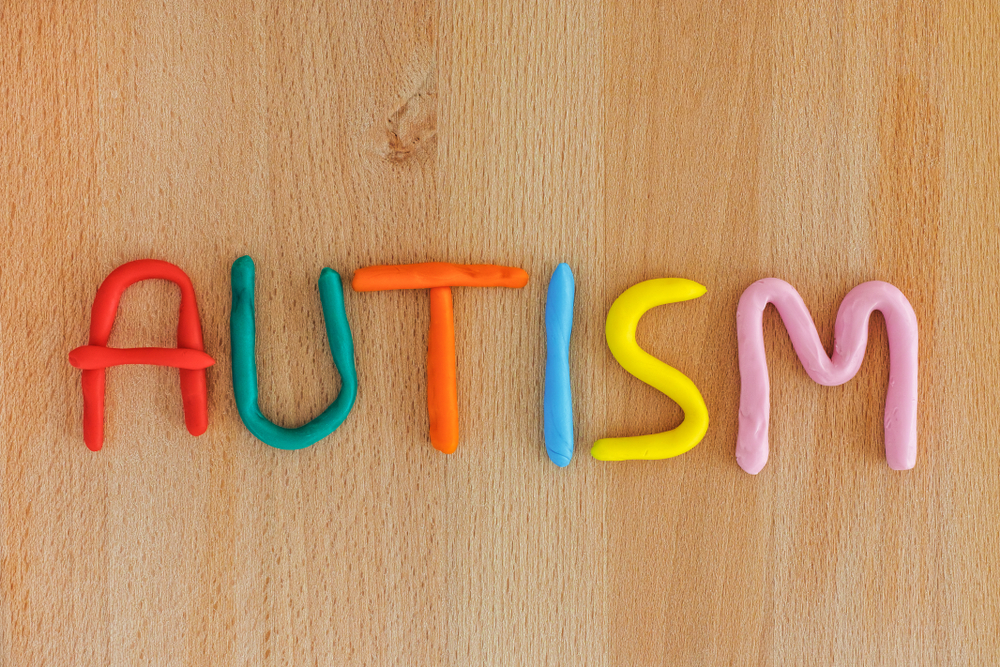Previously, there have been false accusations made by anti-vaxxers claiming that the mumps, measles and rubella (MMR) vaccine can lead to the development of autism. Yet another study recently released confirms the false and totally unfounded concerns.
Due to the concern among parents panicking about the unsubstantiated autism risks, many children were not immunised, resulting in the number of measles cases doubling globally.
The NHS digital data indicated that the number of children being given the MMR vaccine has fallen for the fourth year in a row, with only 91.2 per cent of children across England meeting the Government’s target in 2018.
Figures also revealed that the number was down from 92.7 per cent in 2014, the highest level of MMR vaccinations in the past decade and from 91.6 per cent in 2017.
The World Health Organisation (WHO) says that anti-vax movements are one of the top ten threats to global health at the moment.
Subsequently, Danish researchers conducted a study which revealed that between 1999 and 2010, from over 650,000 who received the jab 6,517 children were diagnosed with autism.
That is to say that one per cent of the children observed went on to develop autism, (which affects social interaction, communication, interests and behaviour).
Comparing MMR-vaccinated with MMR-unvaccinated children, the researchers found that there was no increased risk for autism, even in those kids who had a sibling with the condition, autism risk factors or other childhood vaccinations.
Lead researcher, Dr Anders Hviid, said: “We found no support for the hypothesis of increased risk for autism after MMR vaccination.”



